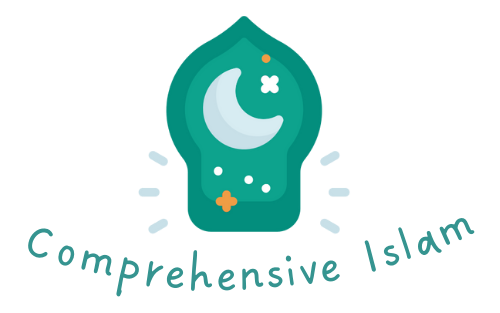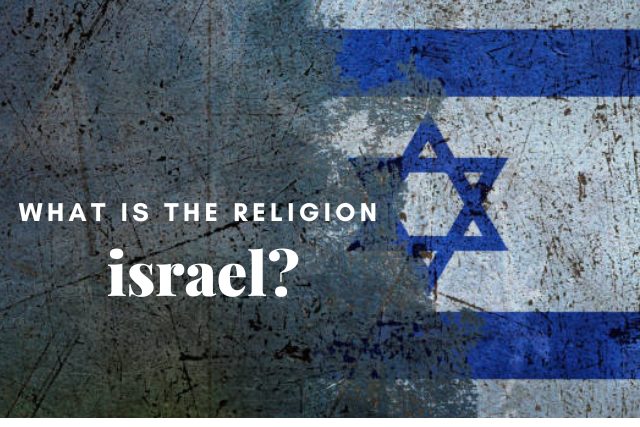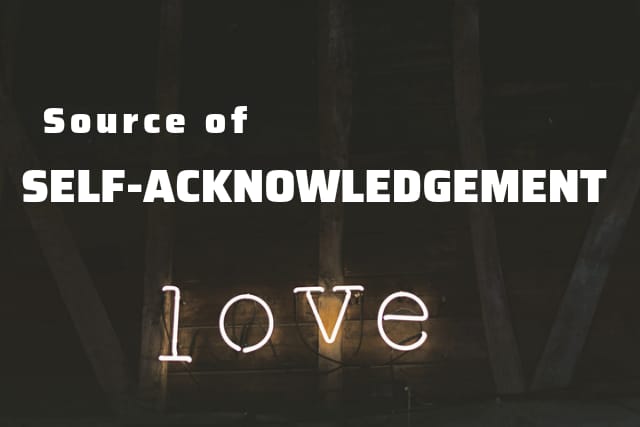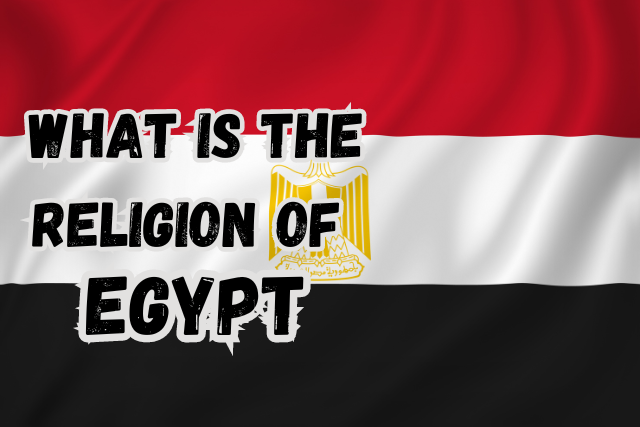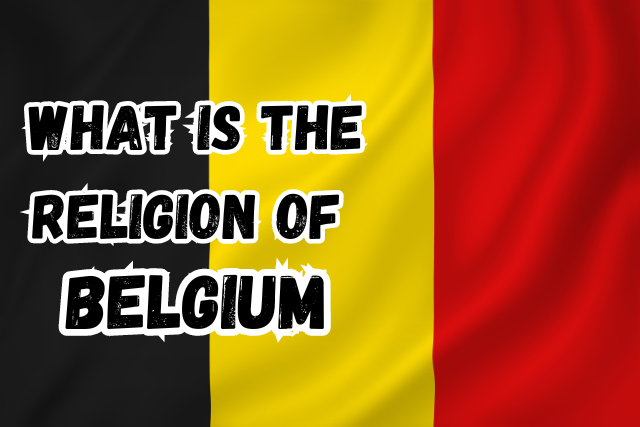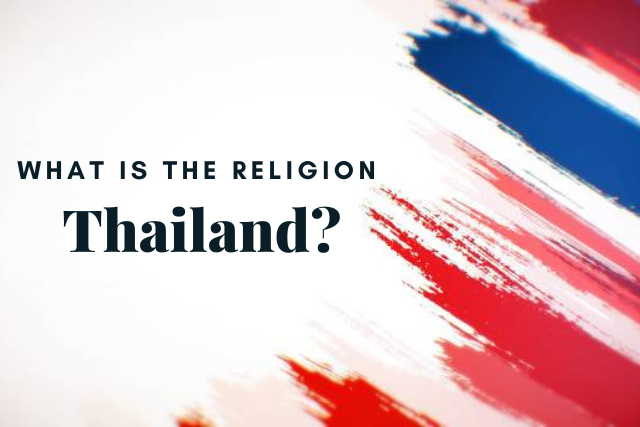What is the Religion of Palestine
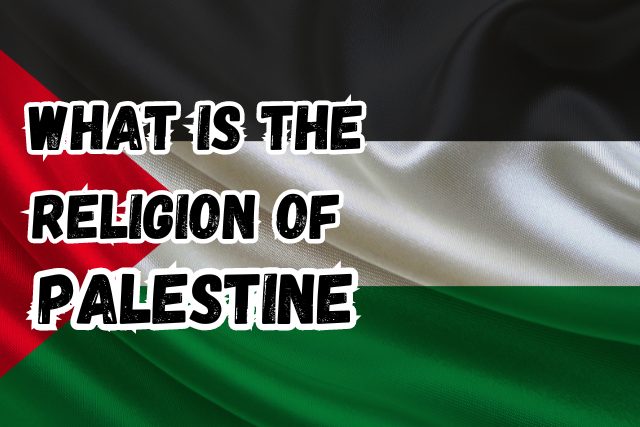
Step into the sacred narratives of Palestine’s religious diversity. From the echoes of historic traditions to the vibrant practices of today, this article unravels the threads that weave the religious tapestry of this ancient land.
I’ll explore the predominant influence of Islam and the enduring presence of Christianity. It will also explore the nuances of other faiths that contribute to the rich mosaic defining Palestine’s spiritual identity. Join me on this journey through beliefs and traditions, discovering the unique interplay that shapes the religious landscape of Palestine. Ready to explore? Let’s dive in.
What is the Religion of Palestine | Islam?
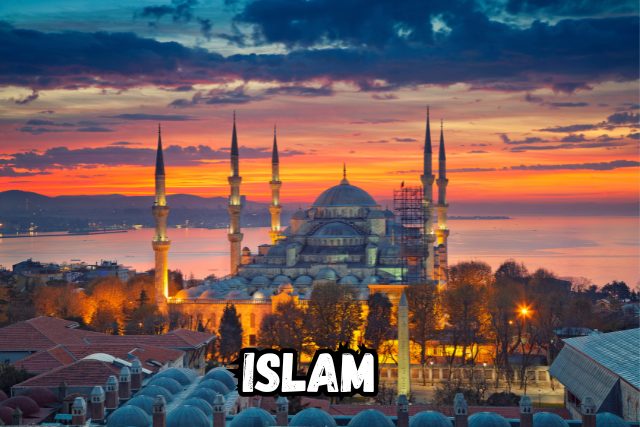
Islam stands as the main religion in Palestine, with the majority of the population identifying as Muslims. The holy city of Jerusalem, home to significant Islamic sites such as the Al-Aqsa Mosque, holds immense religious importance.
Palestine is considered a sacred land in Islam, holding religious significance as the location of the Al-Aqsa Mosque in Jerusalem. The Dome of the Rock, situated on the Temple Mount, is also a crucial site in Islamic history and architecture.
Moreover, the Muslim population in Palestine is predominantly Sunni, constituting the majority of Muslims in the region. However, there is also a significant presence of Shia Muslims, contributing to the overall diversity of Islamic traditions.
Religious Practices
Muslims in Palestine adhere to the Five Pillars of Islam. These include the declaration of faith, prayer, fasting during Ramadan, almsgiving, and pilgrimage to Mecca. The call to prayer (Adhan) resonates through cities and towns, marking the times for daily prayers.
Cultural Integration
Islamic traditions deeply influence Palestinian culture, manifesting in various aspects of daily life, including art, music, and architecture. Islamic values and principles play a vital role in shaping societal norms and interactions.
Challenges and Resilience
The complex political situation in the region has presented challenges to the practice of Islam. It includes restrictions on movement and access to religious sites. Despite these challenges, the Muslim community in Palestine remains resilient, maintaining its religious practices and cultural heritage.
Religious Minorities
Christianity
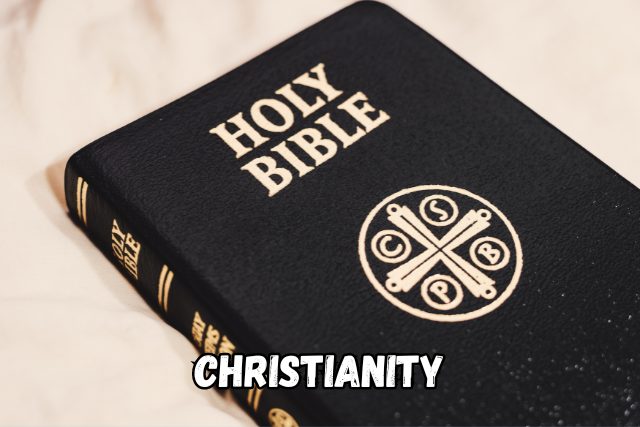
Christianity has deep roots in Palestine, particularly in Bethlehem and Nazareth. The region is significant to Christians worldwide as the birthplace of Jesus Christ. Various Christian denominations, including Greek Orthodox and Roman Catholic, have a presence in the area.
Various Christian denominations are present in Palestine, reflecting a diverse and pluralistic Christian community. The major denominations include Eastern Orthodox, Roman Catholic, and various Protestant branches. Each denomination brings its distinct traditions and practices.
Holy Sites
Palestine is home to numerous Christian holy sites, including the Church of the Nativity in Bethlehem, the Church of the Holy Sepulchre in Jerusalem, and the Basilica of the Annunciation in Nazareth. These sites attract pilgrims and visitors from around the world.
Religious Practices
Christian Palestinians participate in regular religious practices, including church services, sacraments, and festivals. The observance of Easter and Christmas is particularly significant, drawing worshipers and tourists alike to the region.
Cultural Impact
Christianity has left an indelible mark on Palestinian culture, influencing art, literature, and music. The cultural heritage of Palestinian Christians is an integral part of the broader Palestinian identity.
Challenges and Coexistence
The Christian community in Palestine faces challenges related to the political and social landscape. However, there is a longstanding tradition of interfaith coexistence, with Muslims and Christians sharing spaces and participating in each other’s religious festivities.
Judaism
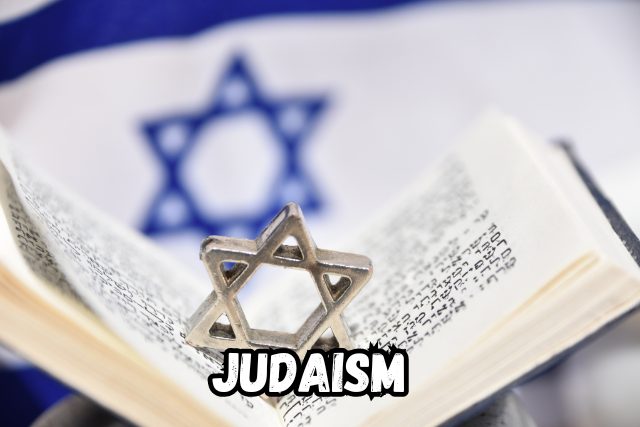
Judaism has historical ties to Palestine, especially with sacred sites like the Western Wall in Jerusalem. While a minority, Jewish communities inhabit certain areas, contributing to the diverse religious mosaic.
Palestine is the birthplace of Judaism, and its history is intertwined with biblical narratives and events. Key locations such as Jerusalem and Hebron are central to Jewish traditions, with the Western Wall in Jerusalem serving as a significant place of worship.
Sacred Sites
The Old City of Jerusalem is home to the Western Wall, the last remnant of the Second Temple, and the holiest site in Judaism. Other important sites include the Cave of the Patriarchs in Hebron and Rachel’s Tomb in Bethlehem.
Religious Practices
Jewish communities in Palestine engage in regular religious practices. Including Sabbath observance, prayer services, and adherence to dietary laws. Synagogues serve as places of worship and community gatherings.
Festivals and Celebrations
Jews in Palestine celebrate various festivals, such as Passover, Hanukkah, and Rosh Hashanah. These festivals are marked by special rituals, family gatherings, and communal celebrations.
Cultural Contributions
Judaism has made significant cultural contributions to Palestinian society, influencing art, literature, and music. The preservation of Jewish heritage is an integral part of the broader cultural mosaic.
Religious Freedom and Challenges

Palestine grapples with complex geopolitical challenges that sometimes intersect with religious dynamics. The pursuit of religious freedom remains a focal point, with various communities striving to maintain their traditions amid external pressures.
The Palestinian Authority recognizes the importance of religious freedom and inclusivity. Laws and policies aim to safeguard the rights of various religious communities, including Christians, Muslims, and Jews. Initiatives have been undertaken to maintain and protect sacred sites.
However, the political complexities in the region pose challenges to religious freedom. Ongoing geopolitical tensions and conflicts impact the ability of some communities to access and worship at their sacred sites. These challenges are intertwined with broader issues related to territorial disputes and historical grievances.
Final Verdict
In conclusion, the religious fabric of Palestine is woven with threads of Islam, Christianity, Judaism, and other minority traditions. This diversity, though at times a source of tension, also embodies the rich cultural heritage of the region. The intertwining narratives of these religions continue to shape the identity of Palestine. This creates a tapestry that reflects the historical, spiritual, and cultural journey of its people.
FAQs
Is Islam the only religion in Palestine?
Islam is the main religion, but Christianity and Judaism also have significant historical and cultural relevance in Palestine.
What are the main religious sites in Palestine?
Key religious sites include the Al-Aqsa Mosque, the Church of the Nativity, and the Western Wall.
How does religion impact daily life in Palestine?
Religion plays a central role in daily life, influencing traditions, festivals, and community practices.
Are there religious tensions in Palestine?
The region faces challenges, and at times, geopolitical tensions intersect with religious dynamics.
Is religious freedom upheld in Palestine?
Efforts are made to uphold religious freedom, but challenges persist in the complex geopolitical context.
